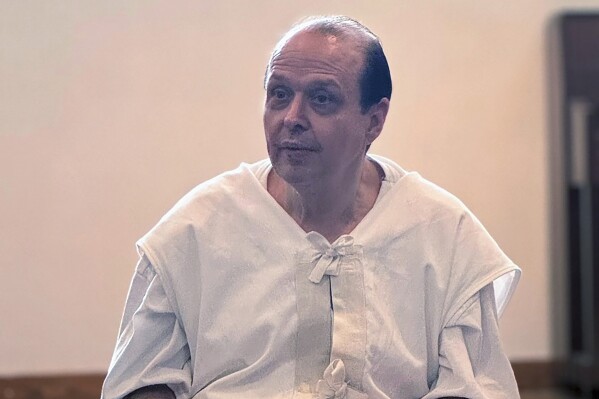Your support helps us to tell the story
Support NowThis election is still a dead heat, according to most polls. In a fight with such wafer-thin margins, we need reporters on the ground talking to the people Trump and Harris are courting. Your support allows us to keep sending journalists to the story.
The Independent is trusted by 27 million Americans from across the entire political spectrum every month. Unlike many other quality news outlets, we choose not to lock you out of our reporting and analysis with paywalls. But quality journalism must still be paid for.
Help us keep bring these critical stories to light. Your support makes all the difference.
Fears have been raised that Wes Streeting’s inflation-busting funding deal for the NHS will not be enough for him to pay for the reforms he wants to drive through.
Sources have told The Independent that the Department for Health and Social Care is set to get about 4 per cent – between £7bn and £8bn – as Mr Streeting confirmed that he has mostly agreed his settlement with chancellor Rachel Reeves. Inflation is currently running at 1.7 per cent.
But despite the figure being the most generous settlement for any government department, experts and NHS insiders have been warned by insiders that it is “a stand still settlement” while, the respected King’s Fund suggested it would be “hard to say what amount would really be ‘enough’”. Others claimed it may be short of what is needed in the wake of the massive pay deal for junior doctors.
The British Medical Association (BMA), which represents doctors, has told The Independent it believes the government should match the average of the Tony Blair government years which saw an annual rise of 6.7 per cent.
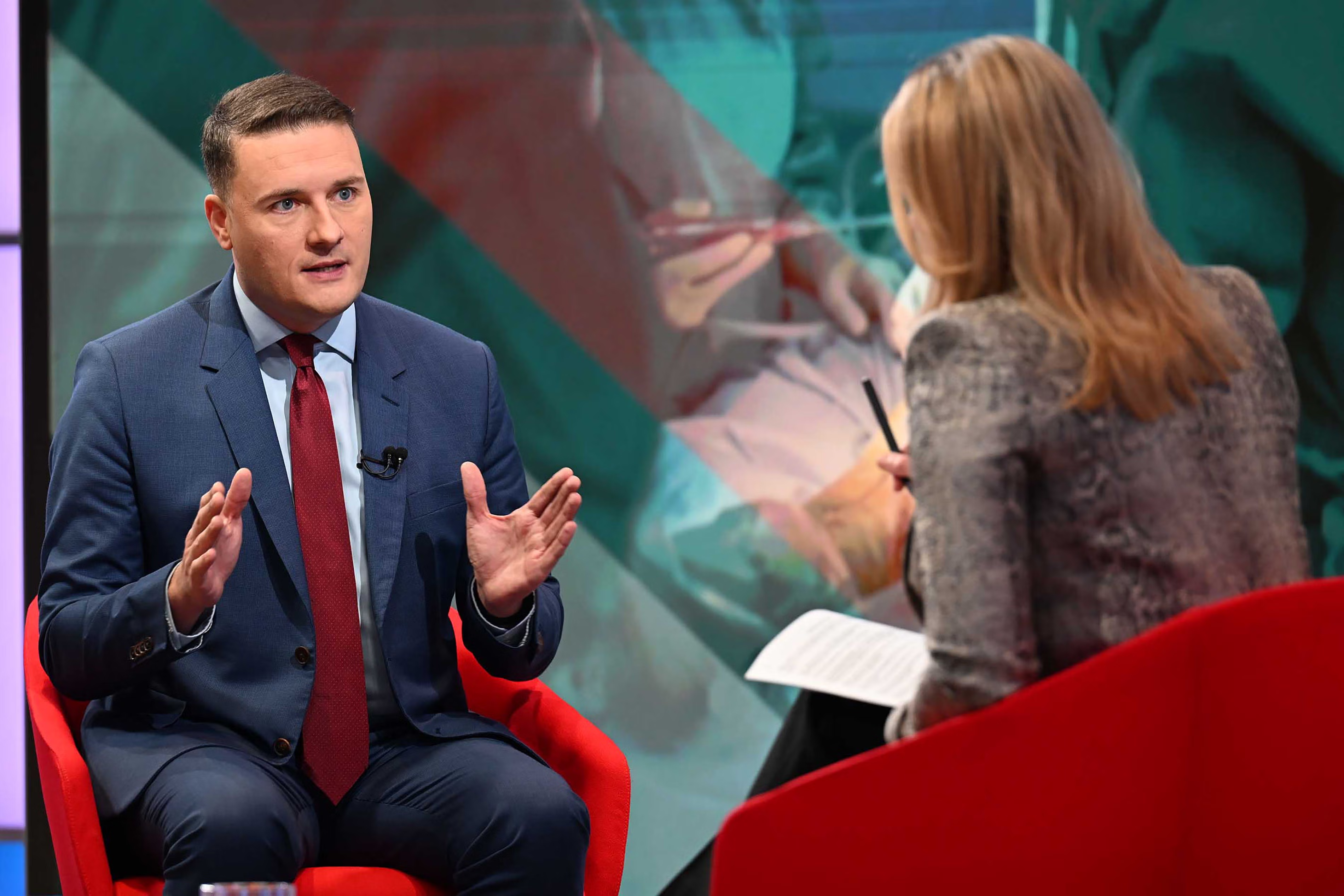
This would equate to more than £13bn in the current Budget – well above what Mr Streeting is understood to have secured.
The row, which also dogged the previous Tory governments, is overshadowed by the recent report by Lord Darzi which suggested the NHS needs £37bn, including £19.2bn of investment in capital infrastructure over three years.
It comes as Mr Streeting joins the prime minister today to urge the public and people working in the NHS to take part in a major consultation on the future of the service.
The Independent has learnt that the influential Labour Together think tank is already planning Mr Starmer’s strategy to win the next election, with the NHS and the cost of living crisis being central pillars. This means Labour will need “to fix the NHS” by the time they go to the country again.
Mr Streeting has said he wants to make the NHS less hospital focused and restore community treatment; help people monitor their own health more at home, with smartwatches monitoring diabetes and heart conditions; and switch to more digital services with the AI revolution underway.
He admitted, though, that “the problems of the NHS cannot be solved in one Budget”.
Sources in the NHS have told The Independent that a bad winter this year could derail his hopes of paying for reforms.
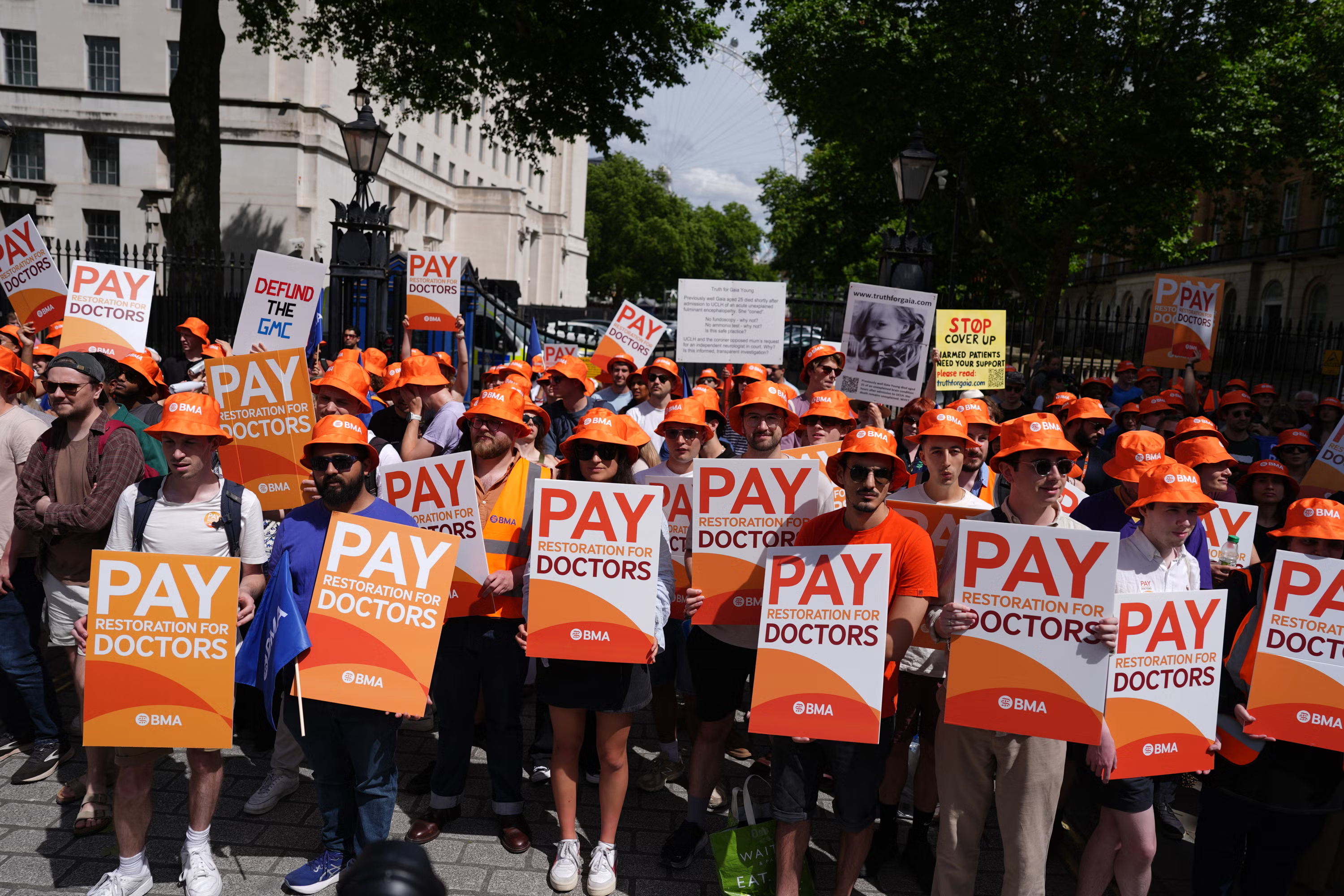
While many would have welcomed a 4 per cent settlement before junior doctors were given a pay settlement of 22.3 per cent over two years, the increase in salaries will make the budget “challenging”.
There are fears that the NHS will have to prioritise between a winter flu crisis, bringing down the waiting lists and then focusing on reforms.
With winter fuel payments going for 10 million pensioners, and GPs working to rule over their contract dispute, hospitals could find themselves under intense pressure in December and January.
Matthew Taylor, chief executive of the NHS Confederation, told Sky News: “It is good that there is additional money for the health service, especially when other services are suffering.”
But he noted that the “picture is complex” as it is not clear whether this would include the pay settlements for doctors, and he warned that the cost of treatment continues to rise “because of an ageing population and better treatments”.
Mr Taylor noted that Mr Streeting had pushed the idea of weight-loss jabs which he said could be important going forward “but will cost money”.
The King’s Fund has warned that extra funding and reforms will be needed for the NHS to go forward. A spokesperson for the health think tank said: “It is hard to say what amount would really be ‘enough’ to give the NHS right now, in a context of serious funding pressures, long waits for care and huge backlog in maintenance of NHS buildings and equipment.
“The amounts being quoted are in the region of 4 per cent. This would be a significant increase to what the NHS has received over most of the last decade, where annual increases have averaged 2.8 per cent but with variations in real terms that are much lower than that.
“Recent funding settlements have also failed to take into account for new pay deals for NHS staff which have been agreed to chart a path out of sustained industrial action.”
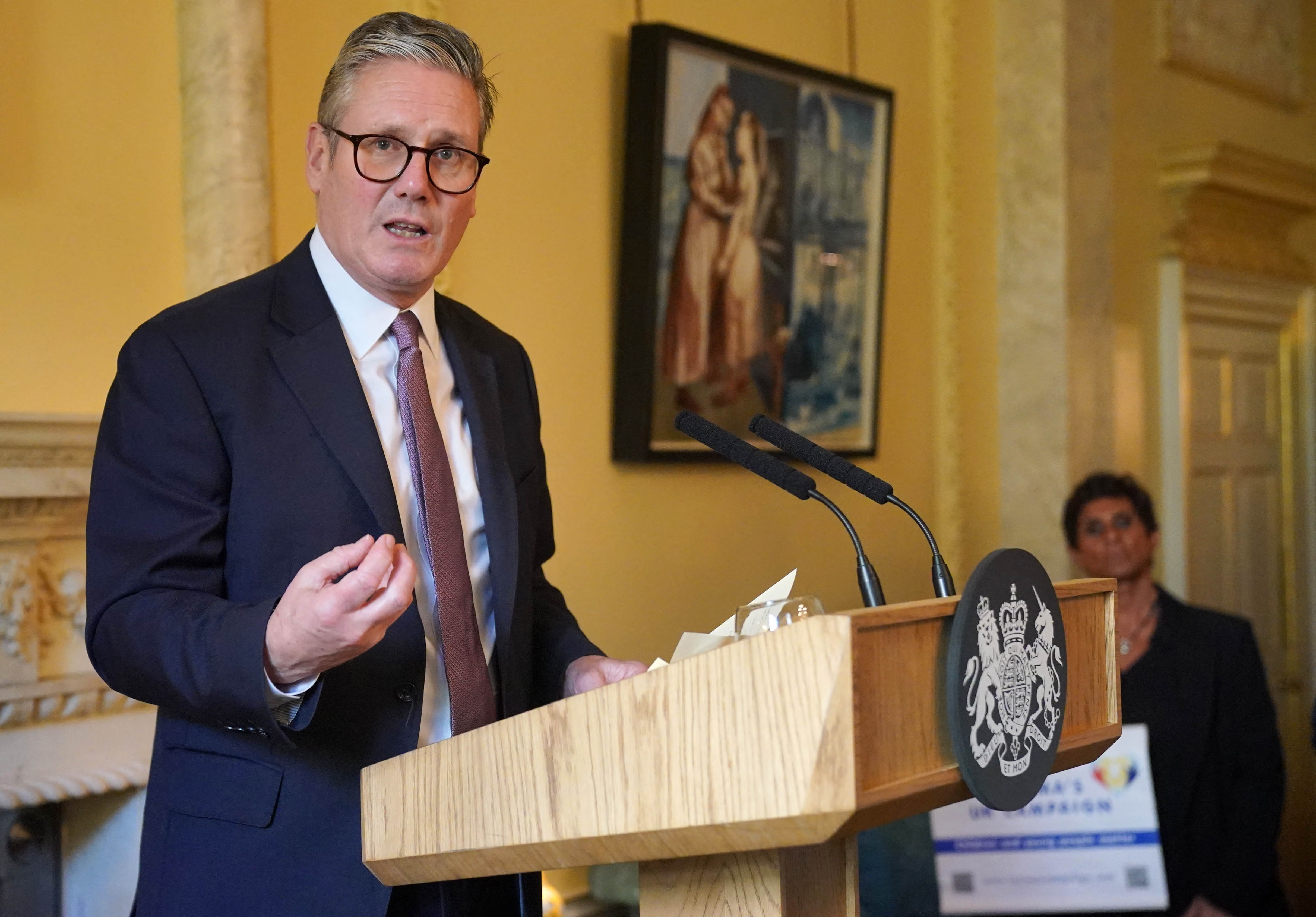
They added: “Whilst public support for the NHS principles of being tax funded and free at the point of use is as strong as ever, the NHS isn’t always delivering for patients as it needs too and many agree that our health service needs to reform and modernise how it works.
“The government will need to show that whatever the amount of extra investment it is providing – at no small political cost if this funding comes in part from higher taxes – it is being used to support reforms to how the NHS works, rather than just paying for more of the same.”
Meanwhile, the deputy chief executive of NHS Providers, Saffron Cordery, also said change in the NHS will be needed.
“With the health and social care secretary confirming today that he has reached a deal on NHS funding with the chancellor, trust leaders will have heard loud and clear his demands for reform as well as investment in the health service,” she said.
“Their top concerns are how to cut waiting times for emergencies, appointments and procedures, support their workforce and fill vacancies, and play their part in getting ahead of rising demand. This will include changing how they deliver services and using additional investment wisely to increase the value and productivity of the care their patients receive.”
She added: “Alongside addressing the day-to-day financial and operational challenges they face, trusts are also hoping this year’s Budget settlement provides an urgent capital funding boost and a rethink of the rules on capital investment in the NHS so that they can tackle the near £14bn maintenance backlog, give patients safe surroundings and boost productivity.”
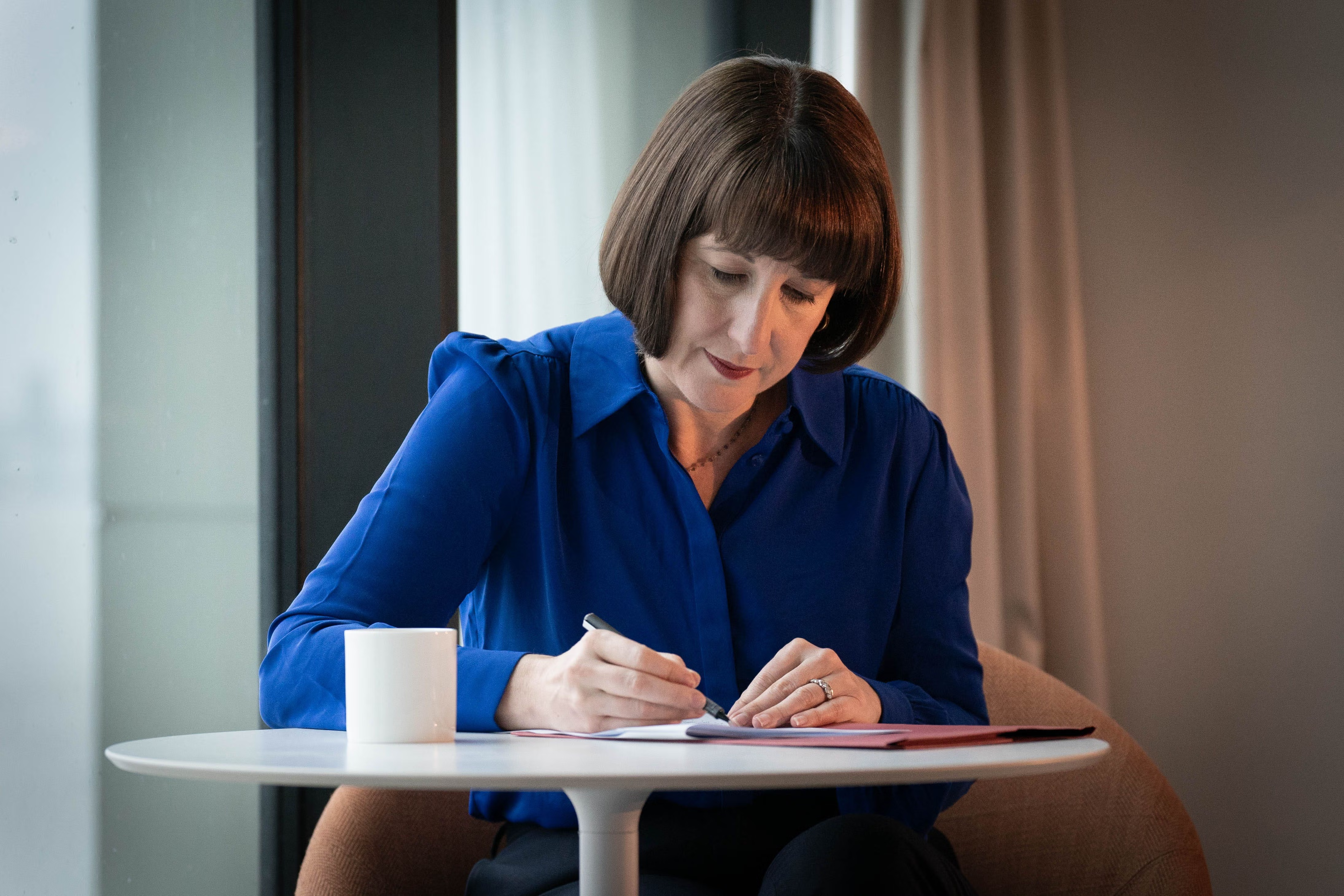
The government still has an outstanding dispute with GPs who want an extra £2.5bn a year on their NHS contract equating to £40 per patient. Currently they are working to rule.
The Royal College of GPs has said that any changes to the way general practice works must be developed “in partnership with GPs and their patients” while recognising the “intense workload and workforce pressures” GPs currently face.
Professor Kamila Hawthorne, chair of the Royal College of GPs, said: “It is also vital that individual practices retain the ability to tailor their services to the needs of their local populations, to ensure resources are used most effectively.
“We’ve heard lots of encouraging words from the new government about shifting resources into general practice, ensuring we have the GP workforce numbers we need, and better integration between primary and secondary care to ensure a more joined-up patient experience of the NHS.”
The Royal College of Nurses (RCN) has rejected a 5.5 per cent pay offer saying they need 25 per cent to bring wages back to their previous levels, although they have decided against balloting for industrial action for now.
Speaking to the BBC’s Laura Kuenssberg on Sunday morning, Mr Streeting claimed the NHS is “in an awful state”.
RCN general secretary Professor Nicola Ranger has warned the NHS “simply does not have the nursing numbers to deliver” the reforms needed.
She said: “Without new investment, the number of community nurses will stay on track to be half what it was two decades ago.
“Nursing staff are ready to help deliver the modernisation our health service needs, but staff are overworked and chronically undervalued.”
According to the RCN, the number of community nurses is projected to fall to 8,995 by 2029, compared with 18,070 in 2009, without government intervention.
Pharmacies are demanding an extra £1.3bn a year in support to stop many of them closing down. The National Pharmacy Association (NPA) has warned that pharmacies are in a “financial crisis” and that any plans for the NHS must include urgent action to address this.
“A neighbourhood health service means investing in our amazing community pharmacy network, which is embedded in communities across the country, but the reality is that many pharmacies could be forced to close down before the 10-year plan is even published in spring 2025,” NPA chief executive Paul Rees added.
“We hope that the government will stabilise the community pharmacy network which has been hit by devastating cuts, and expand pharmacy services to bring care close to patients and their communities.”
Disclaimer: The copyright of this article belongs to the original author. Reposting this article is solely for the purpose of information dissemination and does not constitute any investment advice. If there is any infringement, please contact us immediately. We will make corrections or deletions as necessary. Thank you.

